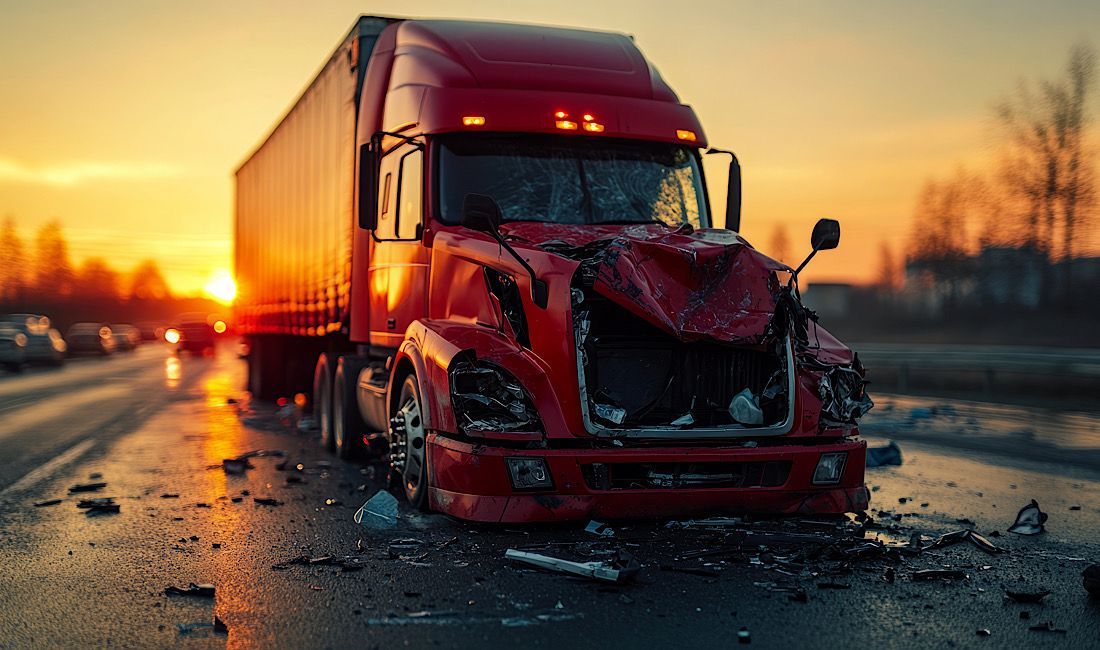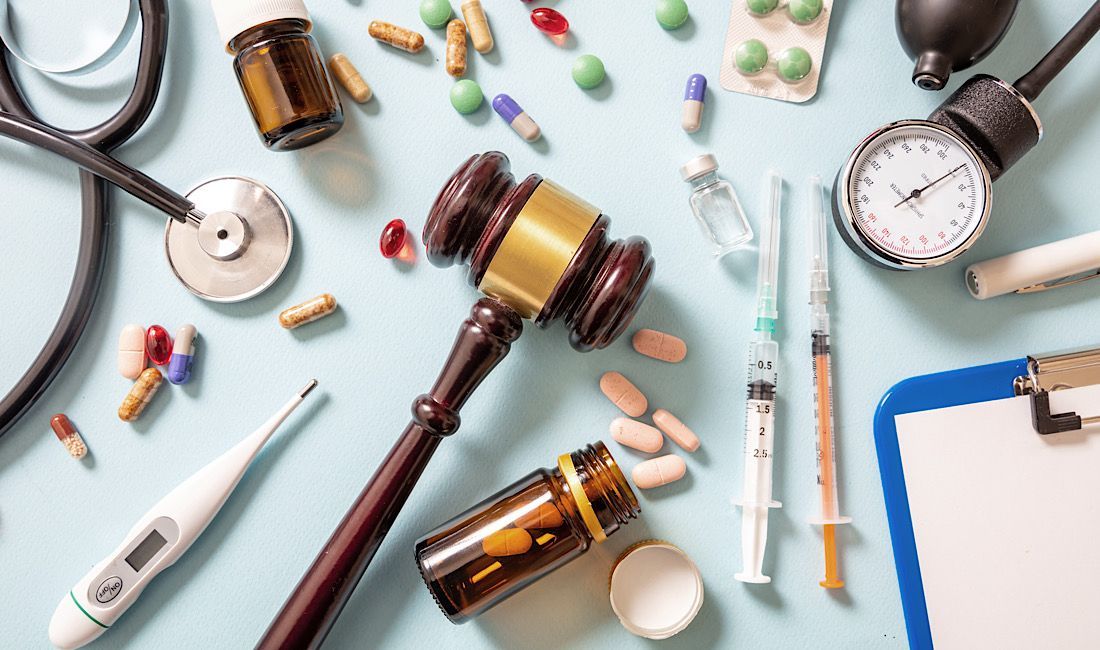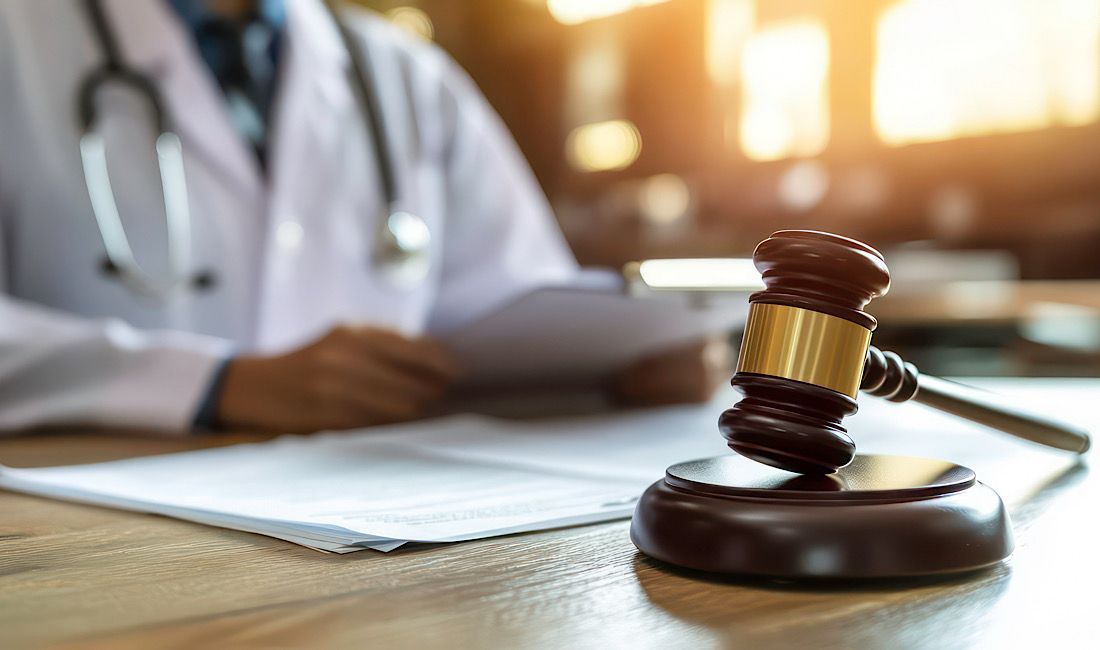Legal Guidelines for Self-Driving Cars in Pennsylvania
What Does the Self-driving car legislation entail?
Under new legislation expected to become law in the coming months, the Pennsylvania Department of Transportation (PennDOT) will be given primary regulatory responsibility for self-driving cars. The transportation authority, according to the paper, wishes to gain independence from federal regulatory procedures, which are described as being too ponderous and rigid to keep up with the rapid rate at which technological advancements occur.
The conclusion was reached after a six-month study by the Autonomous Vehicle Task Force, a diverse team of engineers, government officials, activists, and academics who worked to strike a balance between supporting the growth of HAV technology and protecting public safety.
As a result of this legislation, the Secretary of Transportation will be tasked with developing guidelines to govern the circumstances, processes, and other requirements for HAV on-road testing. Before entering into a contract with anyone who wants to put an autonomous car through its paces for testing purposes, the agency will require proof of $5 million in liability insurance.
The department may terminate the contract immediately or place it on indefinite hold at any time. The Pennsylvania Department of Transportation (PennDOT) requires all contracting parties to provide a testing plan that includes the locations, roadway types, expected vehicle speeds, and environmental variables that will be encountered when testing self-driving cars.
The agency also has the authority to restrict vehicle movement to predetermined corridors and to control platooning, which is the process by which a group of autonomous vehicles communicate wirelessly to form a moving caravan. Finally, testers will be required to collect and share crash data with one another, in addition to providing information about the car’s other functions.
What about the security of automated driving systems?
One potential disadvantage of automated car technology is the possibility of security flaws in fully autonomous vehicles. To say that the prospect of a hostile hacker gaining access to an HAV’s computer system and seizing control of the self-driving vehicle is terrifying is an understatement. As a result, all testers must demonstrate the existence of cybersecurity safeguards, such as the ability for law enforcement and emergency personnel to remotely turn off hacked cars.
Current laws state that a driver must be present behind the wheel in order to grant override and supervisory powers, however, the government has said that this may alter as technology advances.
Is the state of Pennsylvania ready for autonomous technology?
Although the development of autonomous cars may seem like an inevitable step in the march of technology, there is still much to be considered before they become commonplace. According to news reports from throughout the nation, the technology is not yet in its final stage of development.
Another consideration is a legal responsibility. Consider who will be held accountable if self-driving technology fails and the car collides with a human-driven vehicle. It also considers whether law enforcement will have a bias against those who operate them if the autonomous driving system fails. Who is ultimately responsible for paying the damages, even if an autonomous vehicle was at fault? Who will be held accountable if autonomous vehicle technology fails—the operator or the manufacturer?
Federal automated vehicles policy through the NHTSA
The two most important government organizations dealing with road safety, the National Highway Traffic Safety Administration (NHTSA) and the United States Department of Transportation (DOT), are at the forefront of the effort to regulate self-driving vehicles. Currently, the majority of this push has taken the form of voluntary recommendations rather than mandatory rules. This is due in part to the fact that the concerns remain mostly hypothetical.
Even these voluntary motor vehicle safety standards, however, highlight the competing objectives that agencies must balance in order to keep everyone safe while allowing businesses as much freedom of operation as possible.
Although the second phrase implies otherwise, it appears that the federal government’s top priority at the moment is to remove “unnecessary or unintentional barriers to innovation,” with entrepreneurs given free rein. As a result, following the rules is entirely optional, and their sole purpose is to alert self-driving car manufacturers to critical and often self-evident safety concerns, such as cyber security, automobile safety in the event of a collision, and so on.
Why choose Frischman & Rizza?
If you are a self-driving car manufacturer, owner, or operator in Pennsylvania, it is critical that you understand and follow the legal guidelines for this emerging technology. Our attorneys are well-versed in the laws and regulations governing self-driving cars in Pennsylvania. We can assist you in ensuring that you are in compliance with all applicable laws and regulations, thereby protecting you from potential legal liabilities. Furthermore, as self-driving technology evolves, our team has the experience and knowledge to anticipate and address any legal issues that may arise. Choose us as your legal advisor as you navigate the complicated legal landscape of self-driving cars in Pennsylvania. Please contact us right away.





